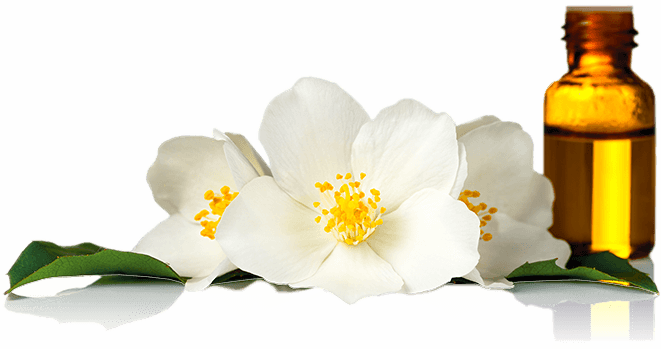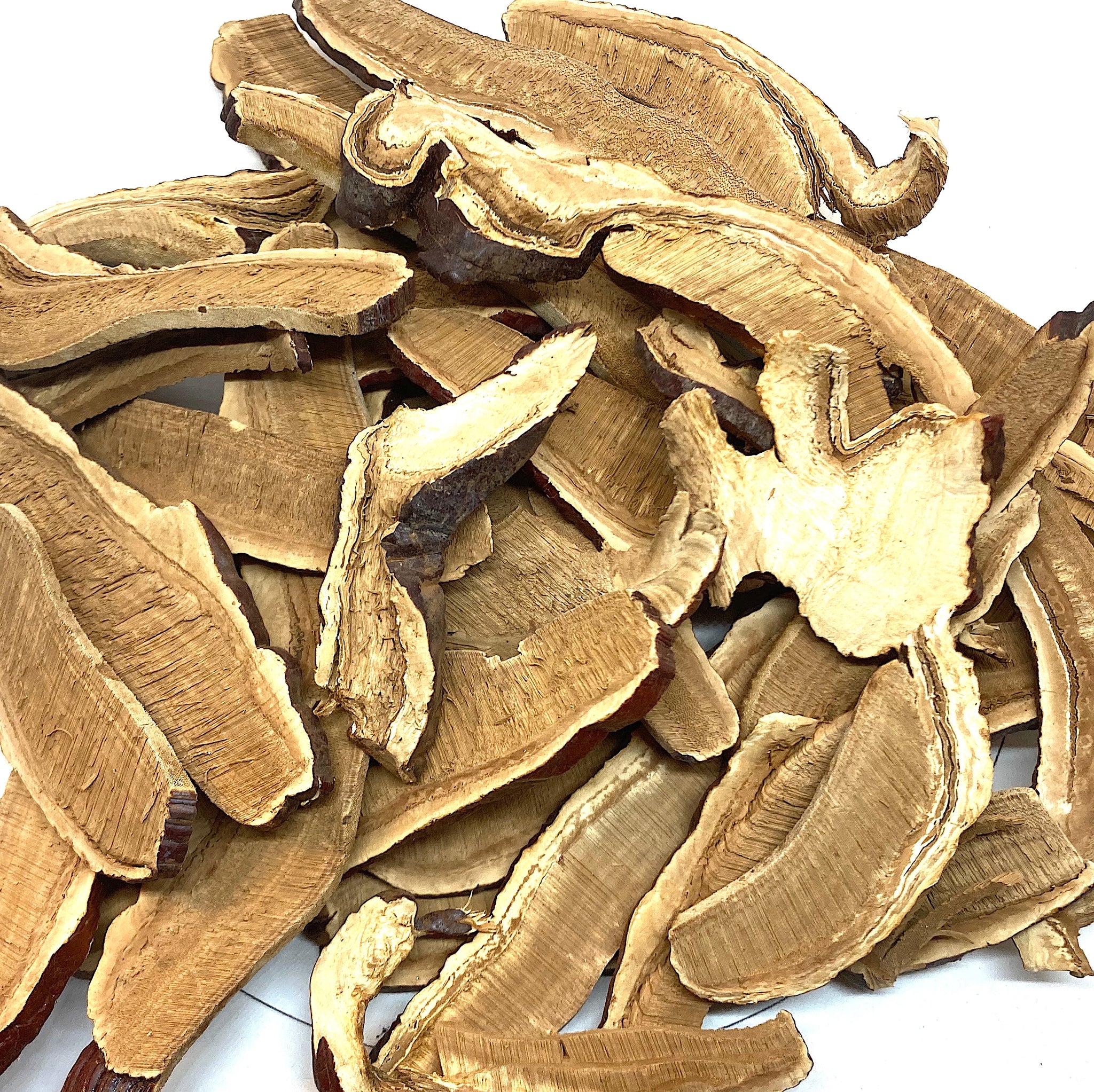Description
ALBANIA. Raspberry Leaf (Rubus idaeus), Cut and Sifted, Certified Organic
Common names: Hindberry, Bramble, Braamboss, Rasabharii, Hallon, Malina, Ki Ichigo, Himbeere, Shan Mei, Hallonbuske, Vattu, Zmeura, Amponello, Vaapukka
Family: Rosaceae
Red Raspberry is a perennial plant native to forests and mountains in Europe and northern Asia, and cultivated in many other temperate areas. The vines grow 5 to 8 feet tall and bear canes that are normally cut back every two years to optimize fruit production. About 60% of the raspberries in the US are grown in Whatcom County, Washington, in the vicinity of Em’s Herbals. We’re in search of a local certified organic source of the leaves!
Raspberry Leaf contains tannins, volatile oil, citric and malic acids, polypeptides, flavonoid glycosides, vitamins A, B, and C, and minerals including calcium, magnesium, iron, and selenium. It has astringent properties, and the ancient Chinese, Ayurvedic, Greek, and Roman doctors valued it for helping to heal wounds, burns, and ulcers; treating diarrhea; and curbing heavy menstrual bleeding.
Today it is best known as an herb recommended by many midwives for pregnant women, especially during the later phases of pregnancy. It is said to have a paradoxical action of both toning and relaxing the muscles of the uterus, due to the presence of fragrine, an alkaloid; to relieve morning sickness, prevent miscarriage, and reduce postpartum bleeding and after pains; to increase the flow of breast milk; and to increase fertility in both men and women.
Research incudes an Australian clinical study which noted that “ingestion of the drug might decrease the likelihood of pre- and post-term gestation” (premature or delayed births), and reported an unexpected finding that “women who ingest Raspberry Leaf might be less likely to receive an artificial rupture of their membranes, or require a caesarean section, forceps or vacuum birth…” A case study involving a woman with gestational diabetes noted a definite, dose-related effect of lowering her blood sugar, requiring a reduction in her insulin intake.
For optimal extraction of Raspberry Leaf’s minerals, herbalist Susun Weed suggests brewing an infusion, steeping an ounce of the leaves in a quart of freshly boiled water for four to eight hours. This procedure will increase the concentration of calcium by a factor of 40 to 50, compared to brewing a couple of tablespoons of herb for ten minutes to make a cup of tea. Some users enjoy the flavor of Raspberry Leaf alone, comparing it to green tea; others suggest blending it with other herbs for flavor, such as Spearmint or Rose Hips.
*These statements have not been evaluated by the FDA. These products are not intended to diagnose, treat, cure or prevent any disease.









